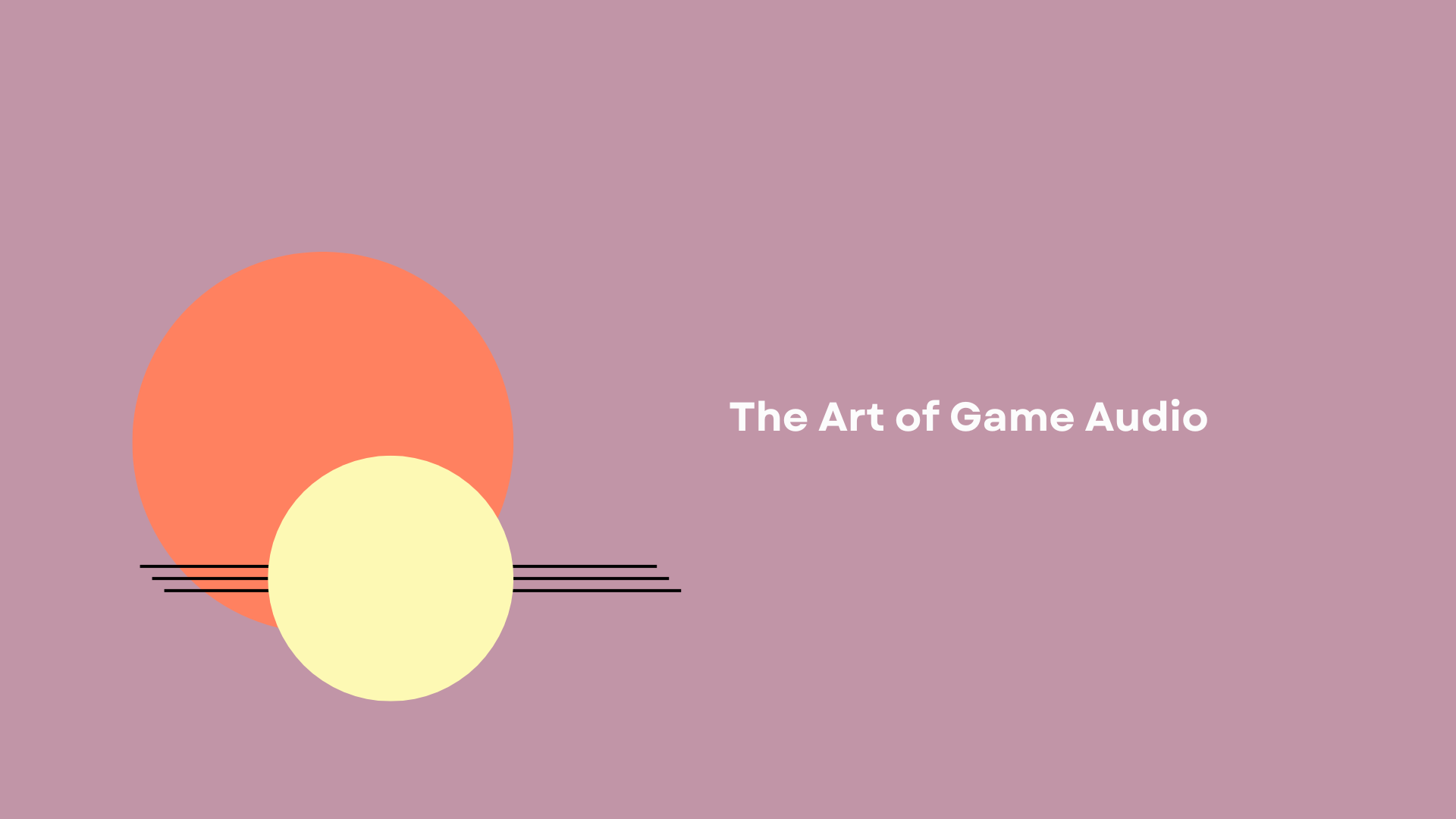The Art of Game Audio: An Innovative Online Learning Experience
The Art of Game Audio: An Innovative Online Learning Experience
Learning Design Overview Designed and delivered a fully online, 12-credit point undergraduate course serving 200+ diverse learners per semester at the University of Melbourne. This course exemplifies Universal Design for Learning (UDL) principles through multiple means of engagement, representation, and action/expression.
Learning Design Approach
Scaffolded Learning Architecture: Developed a progressive curriculum using Bloom's Taxonomy, moving from foundational knowledge (audio fundamentals) to creation and evaluation (FMOD implementation and critical analysis)
Differentiated Assessment Design: Implemented dual assessment pathways accommodating diverse learning styles - practical (FMOD soundtrack creation) or analytical (game audio analysis), ensuring inclusive assessment practices
Authentic Learning Experiences: Integrated industry masterclasses creating situated learning opportunities with professionals from cult indie hits Hyper Light Drifter, That Game Company, Star Wars Visions, and Outer Wilds.
Formative Assessment Strategy: Designed weekly reflective logbooks as low-stakes formative assessments, providing continuous feedback loops and skill reinforcement
Learning Technologies & LMS Integration
Managed course delivery through Canvas LMS, including content modules, discussion forums, and gradebook management
Created interactive H5P content for self-paced learning modules
Developed rubrics and automated feedback systems for scalable assessment
Integrated FMOD and DAW tutorials through embedded multimedia content
Learning Outcomes & Alignment
Mapped all assessments to specific learning outcomes using constructive alignment principles
Designed measurable learning objectives following SMART criteria
Created detailed rubrics ensuring transparent assessment criteria
Impact & Evaluation
Achieved high student satisfaction rate
Implemented continuous improvement through mid-semester feedback cycles
Developed reusable learning objects and templates for future iterations
